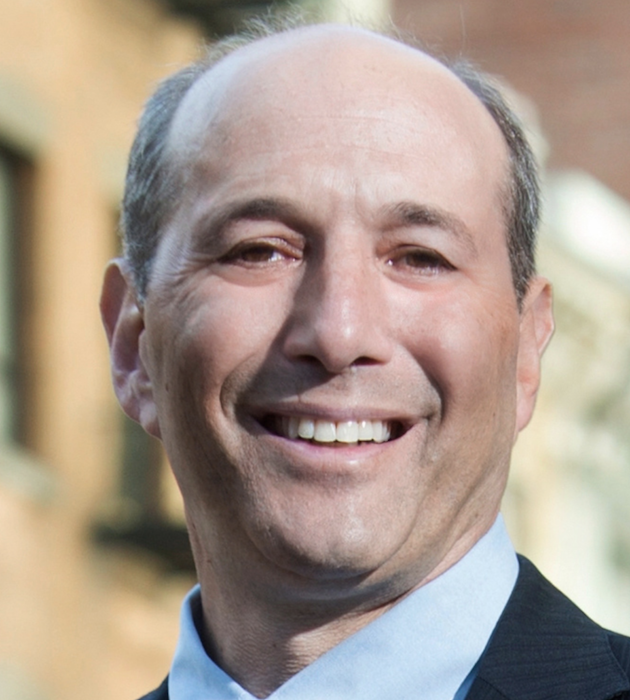This is the third in a series: “Fame, brand, spin, debt and and the slow corruption of moral neglect.”

After Fame and Brand, the third set of pressures pulling at the fabric of our integrity, are financial ones. Mistaking debt for wealth.
Wealth is a relative thing. But in each society, the experience of wealth is the feeling that you have what you need, plus a little bit more.
The benchmark for wealth in the United States was set in in the 1950s. At that time, a single wage-earner working 40 hours a week, could afford a home with a two-car garage, decent health care, pay for their kids’ education, take vacations, retire with dignity, and still leave something for their children to give them a head-start with their own families. That was, and is, the American Dream.
But our economy has changed since the 1950s.
In the 1970s, wages stayed relatively flat. But thanks to women’s equality, the effect was masked. With two wage earners at home, the American family could still afford the same house, cars, TV, health care, tuitions, that their parents had. It just took twice as much labor to get there.
But America’s post-war advantage was not infinite. Other nations were catching up – Germany and Japan became hot economies, and world events unleashed new technologies and competition. Container ships and supply chains have made it possible to make and sell things all over the world. The Berlin Wall fell, and liberated half of the world’s economies to start competing. Labor markets opened up and a global competition began. You could buy and build from any place on earth.
And yet, again, the pressure on U.S. wages was masked. Operating worldwide also meant operating 24/7. Although wages were flat, people worked longer hours or multiple jobs, and could still enjoy all of the things that their parents and grandparents had.
Until we ran out adult wage-earners and hours in a day. And relied on easy credit. People could still have the house and cars and healthcare and tuitions and vacation – all of the trappings of wealth. But they were borrowing to pay for all of it. Then the Global Financial Crisis hit. And as Warren Buffett said, “when the tide goes out, you see who has been swimming naked.”
American middle-class families realized that they had not been living the American dream for a long time. They might have had the house and the things their grandparents had. But they were working nights, days, and weekends, and borrowing money to pay for health care and tuitions. Instead of saving for their children as their parents and grandparents had, they had been borrowing from them. Today, the average American has virtually no savings. The median savings for a couple in their mid-50s today is $8,000. 7 out of 10 Americans have $1,000 or less in savings.
Our economy changed. And we did not adjust our rules and norms to ensure that it still worked for everybody. Today, too much wealth is concentrated in too few hands. Moreover, it is harder to tax and to redistribute that wealth. Again, President Trump offers a useful illustration. While he won’t release his tax records — he said in a debate that if he paid little or no taxes on his multi-billion dollar fortune quote “that’s because I’m smart.”
Bonds of trust can’t survive when a few people have large sums of untaxable income ,and others have subsistence incomes and no savings.
The pressure on this system is accelerating. In the near term, Automation and AI threaten jobs that employ millions of the most economically vulnerable workers. And that sort of pressure is not sustainable.
America remains the wealthiest nation on earth, and we are creating wealth at an exceptional rate. But we were too slow adjusting our social contracts to the new economy. And now, as a society, we have spread debt instead of wealth. We violated the cardinal rule to invest in our future. Instead, we borrowed from it.

Piedmont resident, lawyer and former aide to President Obama, Bleich served as special counsel to the President, U.S. Ambassador to Australia, and senior advisor. He’s led the board of California’s state universities, as well as leading the State Bar.